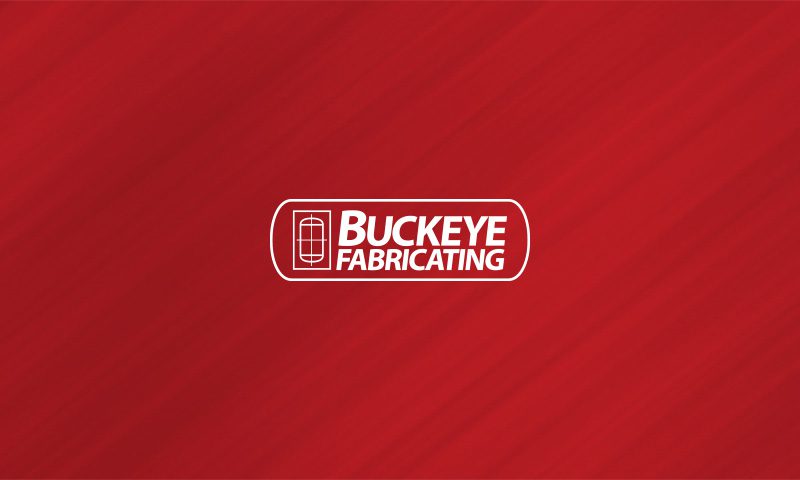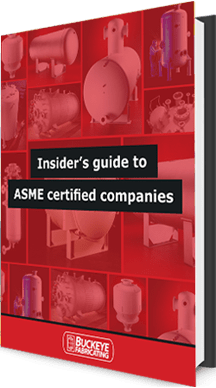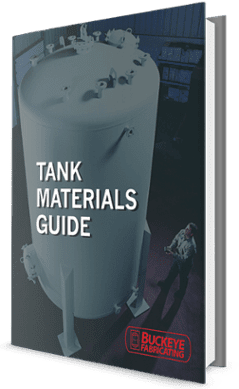Although pressure tanks are designed to comply with ASME requirements, minor changes to the design can cause major delays during construction. Due to the complexity of designing and fabricating a pressure tank, making even the slightest alteration once a design has been approved can have drastic consequences. Here are three little-known factors that could cause delays during fabrication.
Minor Changes to Design During Fabrication
It is not uncommon for customers to request several minor changes during fabrication of a tank. While these changes can often be accommodated, they can have a dramatic effect to the cost and delivery of the tank. If this is the case, the design has to be reviewed and new drawings created that incorporate these changes. A seemingly minor change could delay construction by several weeks depending on the progress of fabrication and availability of materials. It is far better to avoid this outcome by ensuring that the initial tank design is carefully reviewed before final approval.
Unusual Design That Impedes Fabrication
Just because a pressure tank is designed according to ASME code does not mean that it will be easy to fabricate. Care needs to be taken to ensure that the complexity is minimized as much as possible when it comes to fabricating the tank. Examples of this could include unusual or difficult to manufacture fittings, shapes that are tricky to form and inaccessible welds. Any of these factors could significantly slow fabrication of the tank.
Poor Quality Management
Quality management issues are typically the biggest reason for fabrication delays of a pressure tank. Poor welding techniques and incorrect procedures may result in an excessive number of defects, while the limited availability of approved inspectors to conduct the required inspections during the fabrication process will also cause delays.
Apart from these three factors, countless other issues can arise leading to late delivery of your pressure tank. The best way to ensure that this does not happen is to make certain that the fabrication process and procedures are clearly defined in order to maintain good communication with your fabricator.



 ASME Informational
ASME Informational Tank Materials
Tank Materials